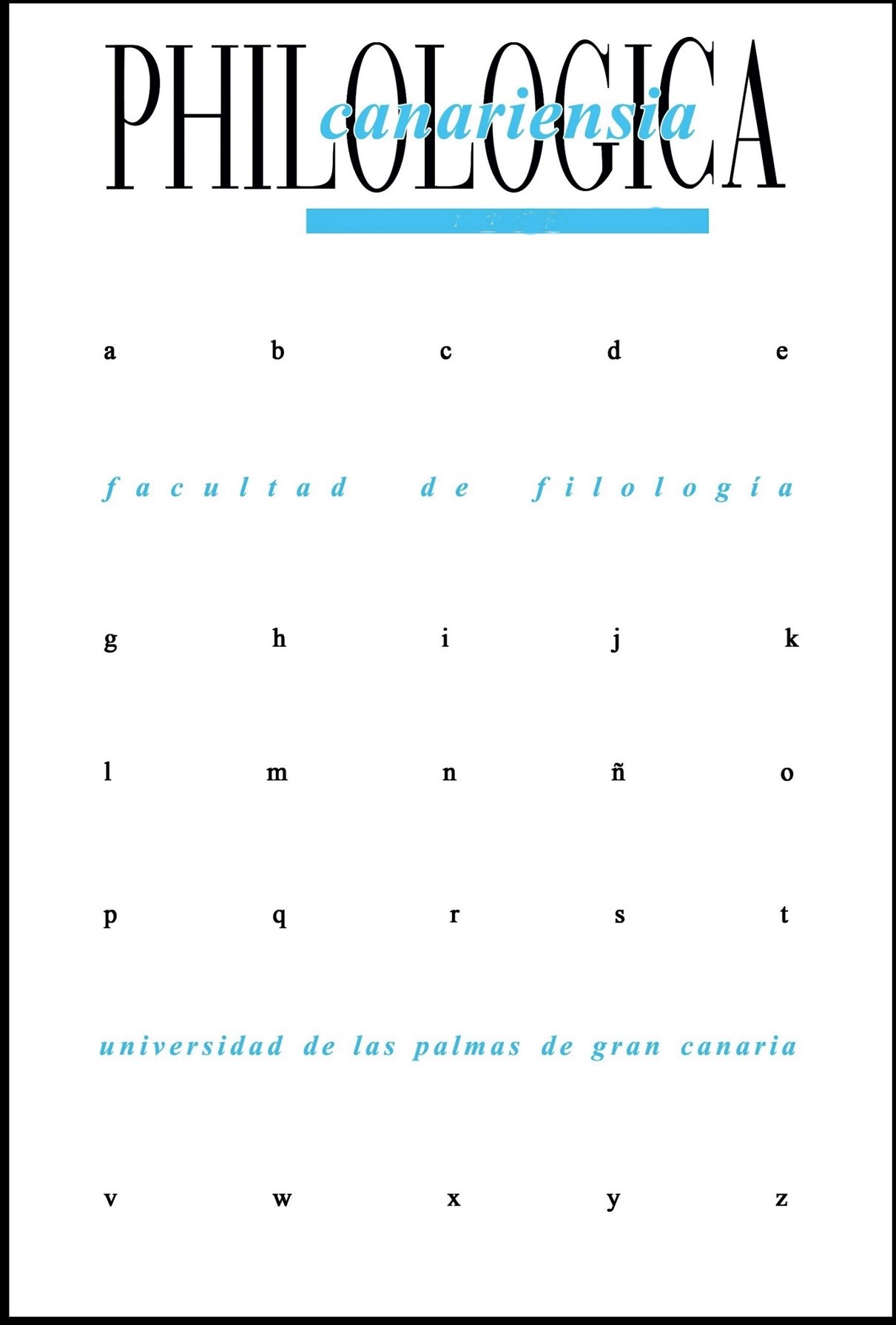A Homicidal Minister: Controversies in the North American Press Related to the Case of Jacob S. Harden (1860)
DOI:
https://doi.org/10.20420/Phil.Can.2024.680Keywords:
capital punishment, Methodism, criminal psychology, reform movements, journalismAbstract
This study examines the case of Jacob S. Harden, a young Methodist preacher who in 1860 was tried, convicted, and executed in a rural town in the state of New Jersey, United States, for the murder of his wife. The study focuses on the controversies raised in the North American press regarding the case, and how these controversies reflected some evolving ideas in the United States at the time: ideas regarding criminal psychology, the causes of criminality, the possibility of prison rehabilitation, the relationship between the clergy and radical movements of reform and social experimentation, and the relative value of public executions as a form of moral admonition for the masses.
Downloads
References
CARROLL, B. E. (1997). Spiritualism in antebellum America. Indiana University.
The confession of Rev. Mr. Harden. (1860, 28 de junio). The Jeffersonian, 1.
CROSS, W. R. (1950). The burned-over district. Cornell University.
The death penalty: execution of Rev. Jacob S. Harden, the wife poisoner. (1860, 7 de julio). The New York Herald, 7.
Demoralizing effect of abolitionism upon the clergy: Case of Rev. J. S. Harden. (1860, 25 de abril). The New York Herald, 6.
The execution of Harden. (1860, 4 de julio). The New York Times, 1.
Execution of Harden. (1860, 7 de julio). The New York Daily Tribune, 5.
Execution of the pirate Hicks on Bedloe’s Island. (1860, 9 de julio). The New York Herald, 4.
HALTTUNEN, K. (1998). Murder most foul: The killer and the American gothic imagination. Harvard University.
HICKS, P. [Simón Camacho Clemente] (1860, 27 de julio). Crímenes célebres: Ejecución del Reverendo Jacob S. Harden por envenamiento [sic] de su esposa. El Diario de la Marina, 2.
HOWARD. (1860, 7 de julio). Execution of Harden; scenes and incidents at the Scaffold. The New York Times, 1.
J. S. R. (1859, 8 de octubre). Carta al Editor. The West Jersey Pioneer, 1.
Life, confession, and letters of courtship of Rev. Jacob S. Harden, of the M. E. Church, Mount Lebanon (1860). E. Winter Printer.
MASUR, L. P. (1989). Rites of execution: Capital punishment and the transformation of American culture, 1776-1865. Oxford University.
MATHEWS, D. G. (1965). Slavery and Methodism: A chapter in American morality, 1780-1845. Princeton University.
Mr. Harden’s politics. (1860, 30 de abril, 1860). The New York Daily Tribune, 7,
OSTROWSKI, C. (2016). Literature and criminal justice in antebellum America. University of Massachusetts.
Politics in the prisoner’s dock: The Rev. Mr. Harden’s position on the question of the day. (1860, 2 de mayo). The New York Herald, 4.
Rev. Jacob S. Harden, the wife poisoner. (1860, 6 de julio). The New York Herald, 10.
STAFFORD, J. R. (s. f.). Jacob S. Harden: Poor boy, moral monster, malignant soul. Squeaking Pips Books.
THOMPSON, C. E. (2019). A propensity to murder: Phrenology in antebellum medico-legal theory and practice. Journal of the History of Medicine and Allied Sciences, 74(4), 416-39. https://doi.org/10.1093/jhmas/jrz055.
The trial of Rev. Jacob S. Harden for the murder of his wife. (1860a, 2 de mayo). The Lambertville Press, 1-2
The trial of Rev. Jacob S. Harden for the murder of his wife. (1860b, 9 de mayo). The Lambertville Press, 1-2.
Published
How to Cite
Issue
Section
License
Copyright (c) 2024 Frederick Luciani

This work is licensed under a Creative Commons Attribution-NonCommercial-NoDerivatives 4.0 International License.
![]()
Philologica Canariensia is distributed under the terms of the Creative Commons Attribution–NonCommercial–NoDerivatives 4.0 Internacional.
Philologica Canariensia allows authors to retain unrestricted copyright and to retain it in the future.
The author is allowed to deposit the publisher's PDF version on his or her personal website, in an institutional or subject repository or in an social network. Authors who publish with this journal agree to the following terms:
a. Authors retain copyright and grant the journal right of first publication with the work simultaneously licensed under a Creative Commons Attribution License that allows others to share the work with an acknowledgement of the work's authorship and initial publication in this journal.
b. Authors are able to enter into separate, additional contractual arrangements for the non-exclusive distribution of the journal's published version of the work (e.g., post it to an institutional repository or publish it in a book), with an acknowledgement of its initial publication in this journal.
c. Authors are permitted and encouraged to post their work online (e.g., in institutional repositories or on their website), as it can lead to greater citation of published work (See The Effect of Open Access).




1.png)

1.png)



